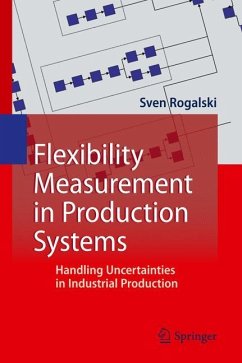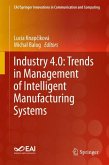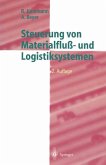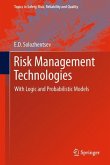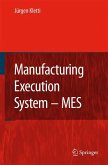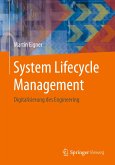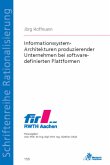Here is a guide for the application of methods to evaluate the flexibility of production systems. The book explores current developments and trends as well as their impact on today's production systems. It also compares known strategies, concepts and methods.
The requirements for production systems are constantly changing as a result of changing competitive conditions. This poses a challenge for manufacturers in the various branches of industry and creates an ever-increasing need for flexibility.
With this as a background, this book explores the current developments and trends as well as their impact on today's production systems. It also compares known strategies, concepts and methods used to achieve production flexibility. Similarly, the practical knowledge and current research will be drawn upon and subjected to a sound scientific analysis, through which the technical and organizational flexibility ranges can be measured in their application in a production system. The convenience and usefulness of this concept for manufacturers is substantiated by its implementation in a software tool called ecoFLEX and its practical application, based on extensive examples. This illustrates how flexibility flaws can be quickly identified, classified and properly disposed of using ecoFLEX. This tool helps to close the gap between ERP / PPS systems and digital factory planning tools.
The requirements for production systems are constantly changing as a result of changing competitive conditions. This poses a challenge for manufacturers in the various branches of industry and creates an ever-increasing need for flexibility.
With this as a background, this book explores the current developments and trends as well as their impact on today's production systems. It also compares known strategies, concepts and methods used to achieve production flexibility. Similarly, the practical knowledge and current research will be drawn upon and subjected to a sound scientific analysis, through which the technical and organizational flexibility ranges can be measured in their application in a production system. The convenience and usefulness of this concept for manufacturers is substantiated by its implementation in a software tool called ecoFLEX and its practical application, based on extensive examples. This illustrates how flexibility flaws can be quickly identified, classified and properly disposed of using ecoFLEX. This tool helps to close the gap between ERP / PPS systems and digital factory planning tools.

